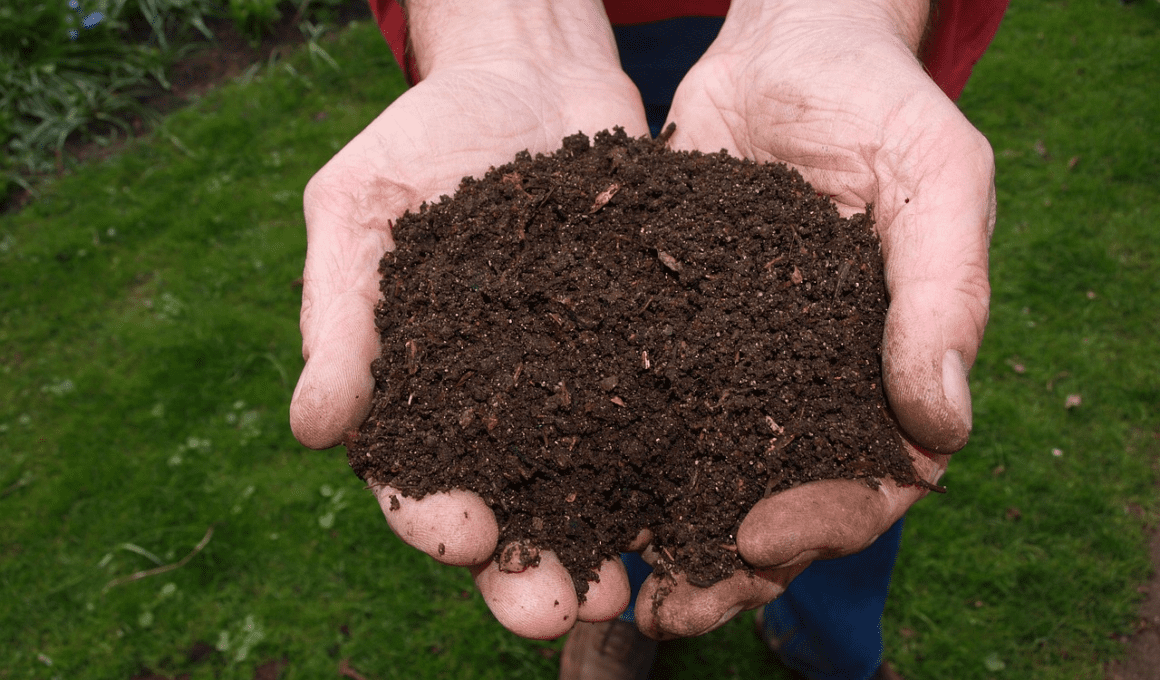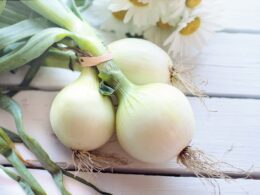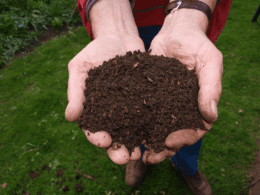Are you looking for a chemical-free way to nourish your lawn and garden? Composting might be the answer! It’s easy to make at home and can provide your plants with all the nutrients they need.
But how much compost do you actually need?
The answer varies depending on your landscaping needs, but don’t worry – we’ve got you covered. In this article, we’ll provide specific guidelines for each area of your property.
From topdressing the soil to mulching existing trees and shrubs, we’ll share our expertise on how to use compost effectively to grow a successful garden and maintain a beautiful backyard landscape.
So, let’s get started!
Quick Takeaways
- Different amounts of compost are needed based on landscaping needs
- Homemade compost can be used, but if not enough, purchase from local nursery
- Specific guidelines for each area of the property, including the amount of compost needed for topdressing, amending soil, garden areas, raised bed gardens, new and existing lawns, perennial flower beds, and trees and shrubs
- Compost is sold by the cubic yard and cost varies depending on location, bulk pricing, and quality, with buying in larger amounts resulting in paying less per yard.
How Can Composting Onions Benefit My Lawn and Garden?
Composting onions for garden success can greatly benefit your lawn and garden. Onions are rich in nutrients and organic matter, making them an excellent addition to compost piles. As they decompose, they release valuable elements that nourish plants, promote healthy soil structure, and enhance moisture retention. By incorporating composting onions into your gardening routine, you can improve soil fertility and achieve flourishing plants.
Amounts for Lawn and Garden
If you’re looking to topdress your soil or amend it, you’ll need between 1/4 and 2 inches of compost, depending on your specific landscaping needs, for your lawn and garden. Homemade compost is a great option as it’s chemical-free and can be made from kitchen scraps and yard waste. Plus, it’s cost-effective!
However, if you find that you need more compost than you can make, you can always purchase it from a local nursery. Just be sure to check for quality and price.
There are many benefits of using homemade compost for your lawn and garden. Not only does it provide essential nutrients for plants, but it also improves soil structure and promotes healthy microbial activity. Plus, it’s an eco-friendly way to dispose of organic waste.
By purchasing compost locally, you’re not only supporting your community, but you’re also reducing the carbon footprint associated with transportation.
Specific Application Guidelines
To properly amend your soil or topdress your garden, apply between a quarter and two inches of compost depending on the specific area of your property.
For raised bed gardens, combine equal parts of garden soil, compost, and sand. Sandy garden soil requires one part garden soil with two parts compost.
For new lawns, add one to two inches of soil to the surface, while existing lawns only need a quarter to half inch of compost.
Perennial flower beds require one inch of compost, while mulching with two to four inches of compost will benefit all flower beds.
For new trees and hedges, mix half to one inch of compost with excavated soil, and backfill with soil-compost blend after planting. Existing trees and shrubs benefit from mulching with two to four inches of compost.
Composting benefits both the environment and your garden, and DIY composting tips can help you turn your kitchen and yard waste into nutrient-rich soil.
When calculating how much compost you need, keep in mind that compost is sold by the cubic yard and the weight ranges from 1000 to 1600 pounds. The cost of compost varies depending on location, bulk pricing, and quality, and worm castings can be particularly expensive.
To save money, consider buying in larger amounts and factoring in the distance of delivery.
With these guidelines, you can ensure that your lawn and garden are well-fed and thriving.
Compost Facts
Learn some interesting compost facts that can help you understand how much you need for your lawn and garden.
Compost is typically sold by the cubic yard, and you can calculate the amount you need based on the square footage and the desired depth. The weight of a cubic yard of compost can range from 1000 to 1600 pounds, and the cost varies depending on the location, quality, and distance of delivery.
Buying larger amounts of compost can result in paying less per yard, and worm castings can be particularly expensive. Composting has many benefits for your lawn and garden, including improving soil quality, reducing waste, and creating a sustainable ecosystem.
There are several types of composting methods, including hot composting, vermicomposting, and cold composting. Each method has its own advantages and disadvantages, so it’s important to choose the one that works best for your needs and lifestyle.
By incorporating compost into your lawn and garden, you can enhance the health and beauty of your outdoor space while also doing your part to protect the environment.
Frequently Asked Questions
What are the benefits of using compost in the lawn and garden?
Using compost in your lawn and garden has many benefits. It enriches the soil and promotes healthy plant growth. By adding compost, you can improve the soil’s structure, retain moisture, and reduce the need for chemical fertilizers.
Can compost be used as a replacement for fertilizer?
Yes, compost can replace fertilizer as it provides essential nutrients for plant growth. Compost has a lower nutrient content than most fertilizers, but it releases them slowly and improves soil health.
How long does it take to make homemade compost?
Want to make homemade compost? Composting speed depends on the methods used. It can take anywhere from a few weeks to a year. Mix brown and green materials, keep moist, and turn regularly for faster results.
What are some common mistakes to avoid when using compost?
When applying compost, avoid common mistakes such as over-applying, not properly mixing it with soil, and using immature compost. These mistakes can lead to nutrient imbalance, plant damage, and weeds.
Is it possible to overuse compost in the lawn and garden?
Using too much compost can create a nutrient imbalance and harm the environment. Consider the specific needs of your lawn and garden and follow recommended guidelines. Always use compost in moderation to ensure healthy and sustainable growth.









